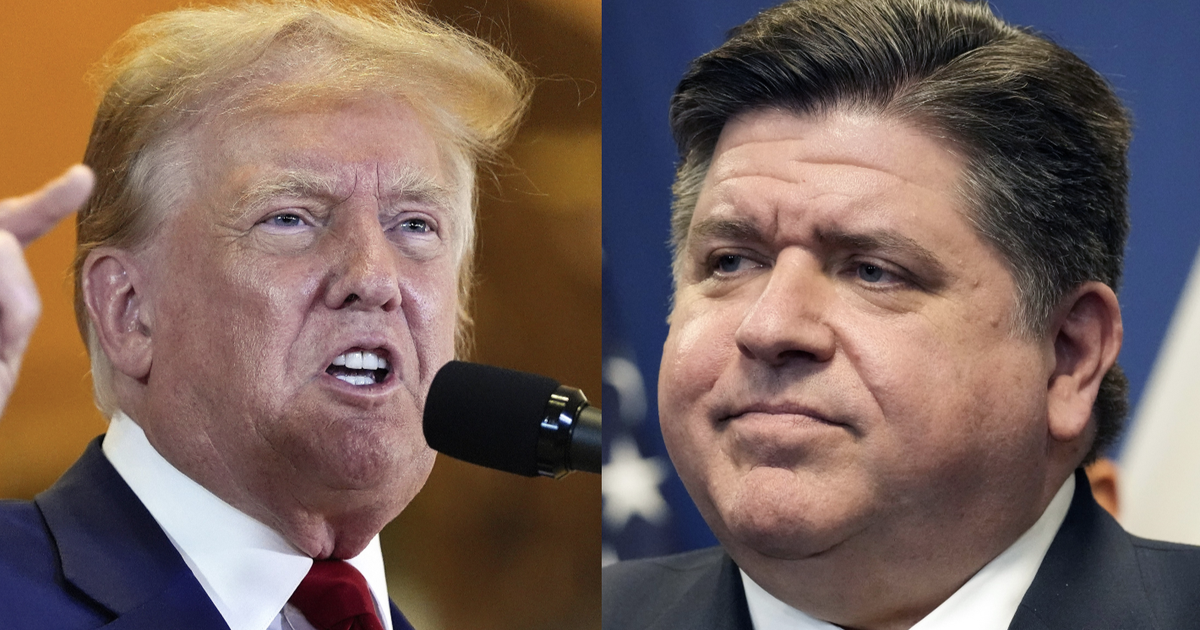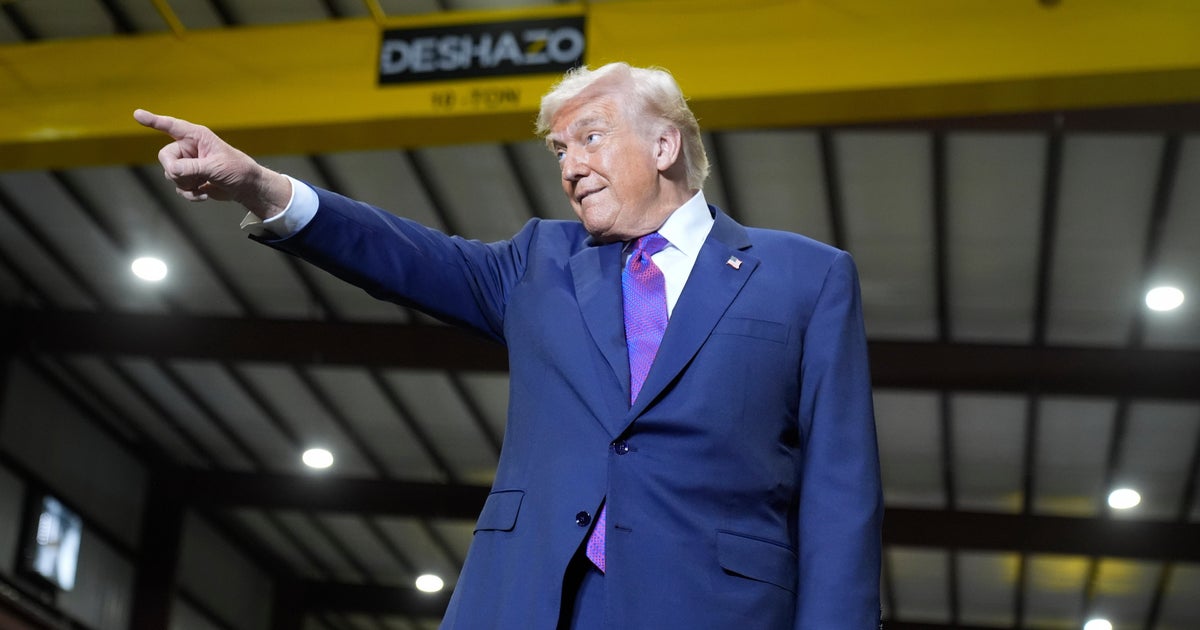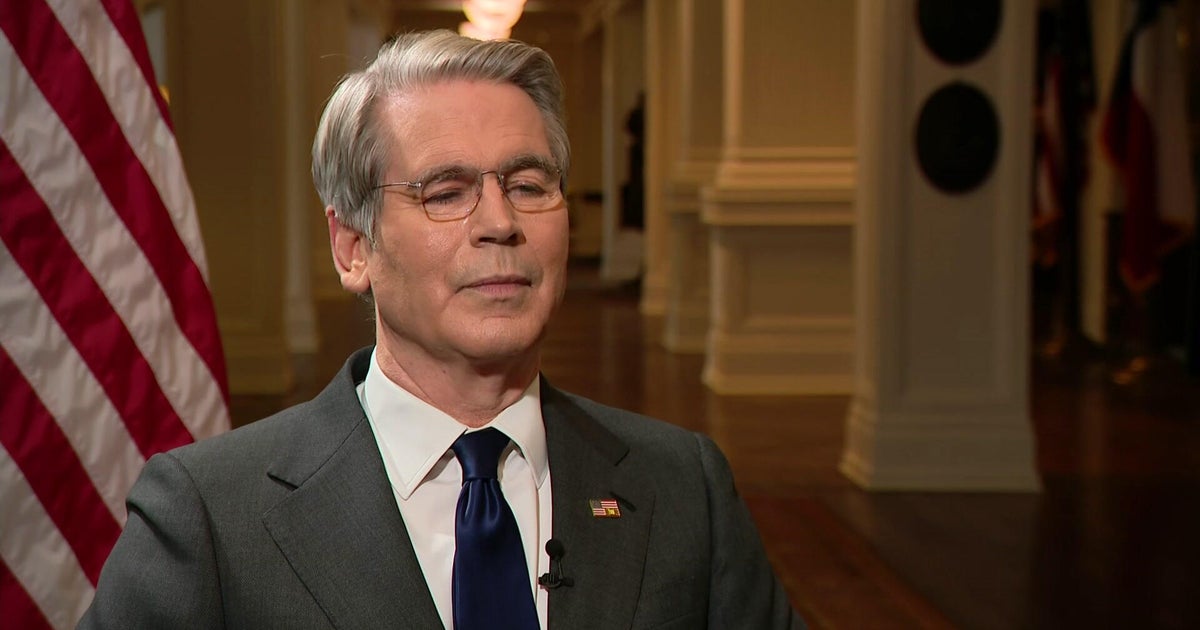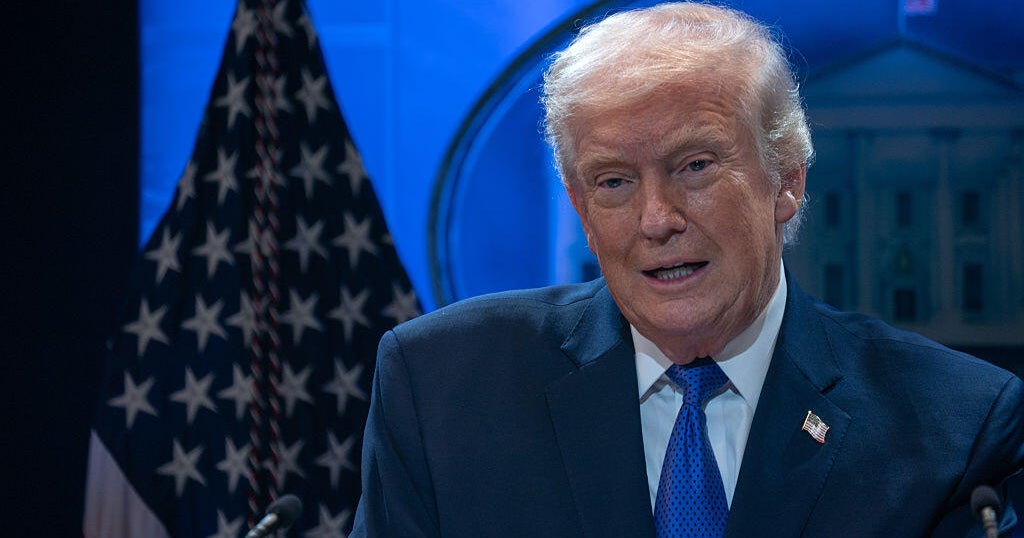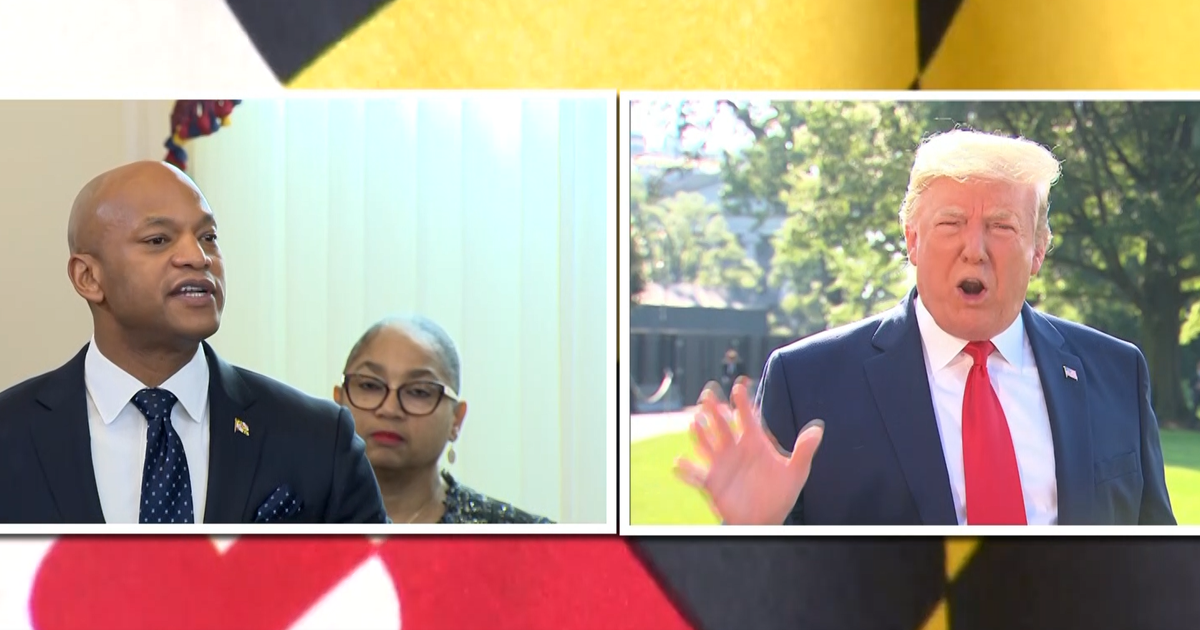Former Trump Campaign Aide Is Helping Russian Firm Shed Sanctions
By Sarah Westwood and Sara Murray, CNN
(CNN) -- A former senior campaign and transition aide to President Donald Trump recently inked a deal to help a Russian oligarch's conglomerate shed sanctions the Trump administration slapped on them last month.
Bryan Lanza, who is in regular contact with White House officials, is lobbying on behalf of the chairman of EN+ Group, an energy and aluminum firm presently controlled by Oleg Deripaska, according to several sources. Deripaska is a billionaire who is close to Russian President Vladimir Putin and was the target of US sanctions imposed last month. Lanza was a CNN political contributor but is no longer with the network.
Lanza is representing the chairman of EN+ Group, but not Deripaska directly. The company is seeking to reduce Deripaska's ownership in the company enough to be freed from US sanctions. Deripaska is expected to maintain a substantial stake in the company.
The moves by Lanza and Mercury Public Affairs LLC, the firm where he works as a managing director in its Washington office, on behalf of their client don't appear to be anything more than standard lobbying. But the deal is the latest brazen example of how Trump's "drain the swamp" campaign pledge has led to little change in a town where paying for access is a lucrative industry. In fact, Trump has presided over the expansion of a new generation of influence peddlers who have used their actual or perceived proximity to the President to line their pockets.
Corey Lewandowski, who served as Trump's first campaign manager and touts his close ties to the President, started his own consulting business in Washington after the election. Brian Ballard, Trump's longtime lobbyist in Florida and a GOP fundraiser, opened up a Washington office and brought on Susie Wiles, who led Trump's campaign in Florida. Jason Miller, former communications director for the campaign and transition who is also a CNN contributor, landed a plum gig as a managing director in global consulting firm Teneo's strategy group. He worked in crisis communications before the Trump campaign.
Trump's personal attorney, Michael Cohen, has weathered the brunt of the scrutiny for allegedly trying to sell access to the White House. But similar arrangements have been rampant in Washington -- under both Democratic and Republican administrations -- and the old way of doing business has continued to thrive since Trump took office.
Free from sanctions
Deripaska is seeking to sell enough of his stake in EN+ Group -- the group whose chairman hired Mercury to represent it before the Trump administration -- to free the company from sanctions. Under the Treasury Department's rules, companies that are under the majority control of sanctioned people are themselves automatically sanctioned until the person in question reduces their stake in the company below 50%. Lanza's firm legally disclosed the deal to the government last week.
Lanza's involvement with EN+ Group began within the last month or so, according to a source familiar with the transaction. The source said the former Trump campaign aide is not representing Deripaska himself, only the board chairman of the group attempting to free itself from the Russian oligarch's control by helping to reduce Deripaska's stake in EN+ Group from roughly 70% to below 50%. That chairman -- the former British energy minister, Lord Gregory Barker -- is listed as Mercury's client.
The source familiar with the transaction noted Lanza and the Mercury team's first phone call with Barker shortly before the Treasury Department granted Deripaska's companies, including EN+ Group, an additional month to get in compliance with sanctions. The source said Lanza and other Mercury lobbyists presented the extension to the administration officials as a "win for the president" because it would ultimately force a Russian oligarch to cede control of major companies.
Barker declined to comment. A Treasury Department spokesman declined comment.
Michael McKeon, a partner at Mercury, acknowledged Lanza's role on the EN+ Group account.
"He is part of the team," McKeon told CNN, noting that the disclosure form Mercury filed on May 4 "speaks to what Lord Barker is trying to do (regarding) the ownership of the company and our role assisting that effort."
Lanza is not listed as being involved in lobbying for Barker or EN+ Group on the disclosure form Mercury provided to CNN. Lanza did disclose the client in a separate filing.
Mercury's role
Mercury itself has undergone scrutiny over the past year for its role in the Ukrainian lobbying operation that ensnared Paul Manafort, Trump's former campaign chairman, in special counsel Robert Mueller's probe of Russian interference in the election and related matters. The firm has denied wrongdoing and has said its employees have cooperated with investigators.
Lanza's work with the Russian-linked firm comes as Mueller continues to investigate whether there was any collusion between Trump campaign aides and Russians during the 2016 presidential campaign. Trump has denied any collusion during the campaign.
Deripaska has intersected with the Trump orbit on a few occasions, most notably with Manafort. While at the helm of the Trump campaign, Manafort used an intermediary to offer Deripaska private briefings about the election, according to The Washington Post. Mueller's team later noted in a March court filing that the intermediary "has ties to a Russian intelligence service and had such ties in 2016."
No evidence has emerged to suggest that Manafort ever briefed Deripaska. But Mueller's team has brought charges against Manafort for his lobbying work and financial reporting before he joined the Trump campaign. Manafort has pleaded not guilty.
While there's nothing illegal about Lanza's work with the Russian-connected firm, it's a stark example of how former Trump campaign aides have continued to enjoy access to Trump and other senior administration officials and have used those ties to benefit clients ranging from defense contractors to foreign governments and media conglomerates.
Even Cohen -- who, according to sources, saw his influence with Trump plummet after Inauguration Day -- earned more than $2 million between Election Day and early 2018, according to companies he has represented, pitching himself aggressively to corporations as someone who could offer them insight into how to approach the mercurial new President.
Over the course of his work, sources said Cohen maintained contact with some senior White House officials.
Jared Kushner, Trump's son-in-law and senior adviser, and Ivanka Trump, the President's eldest daughter, both worked to block Cohen from an official role in the Trump administration, sources said. But, according to two sources, Kushner still kept in touch with Cohen once he was in the White House.
But Cohen's direct interaction with Trump appeared to be minimal after the inauguration. They crossed paths at Mar-a-Lago on a couple of occasions and Cohen paid at least one visit to the White House, sources said.
"I got the impression (Cohen) could not get a phone call returned, nor could he get an audience with the President," said a source close to Trump's legal team.
Aggressive pitches
As aggressive as Cohen was in his pitches to prospective clients, one source said, Corey Lewandowski -- Trump's former campaign manager -- was more braggadocious about his access to Trump.
The source claimed Lewandowski had pitched companies by telling them "Trump doesn't make a decision without checking with me."
On Friday, AT&T acknowledged that Lewandowski's firm pitched them, but they said they didn't make a deal. AT&T is seeking government approval to acquire Time Warner, CNN's parent company.
Lewandowski, who has so far avoided registering as a lobbyist, continues to enjoy a high level of access to the President. Two sources confirmed he dined with Trump in the White House residence in March. He also joined Trump at a rally in Michigan in late April.
Meanwhile, even lesser-known Trump aides are making a living off their ties to the White House.
Former New York Republican Rep. John Sweeney has made more than $200,000 lobbying on behalf of a European pipeline venture owned by Gazprom, the state-controlled Russian natural gas company, according to federal lobbying disclosures. The New York Republican previously worked on Trump's campaign and assisted with administration hires during the presidential transition. Sweeney declined to discuss details about the clients he represents.
Unlike some of the newbies to the sphere of Washington influence, David Urban -- a former senior Trump campaign adviser -- has been a registered lobbyist for more than a decade. He works for a firm that represents a roster of top tier companies across the healthcare, telecommunications and utilities fields. Urban, who is also a CNN contributor, declined to comment.
And Barry Bennett, who served for a period as a senior adviser to the campaign, cofounded a firm called Avenue Strategies and represents a number of foreign governments. He was originally partners with Lewandowski, who left the firm amid allegations that he was engaging in lobbying activities without appropriate registration.
"I've been in town for 30 years. Most of my clients are based on my experience here," Bennett told CNN. "President Trump is certainly helpful to my business. But I had clients before that too."
CNN's Marshall Cohen and Katelyn Polantz contributed to this report.
The-CNN-Wire™ & © 2018 Cable News Network, Inc., a Time Warner Company. All rights reserved.
